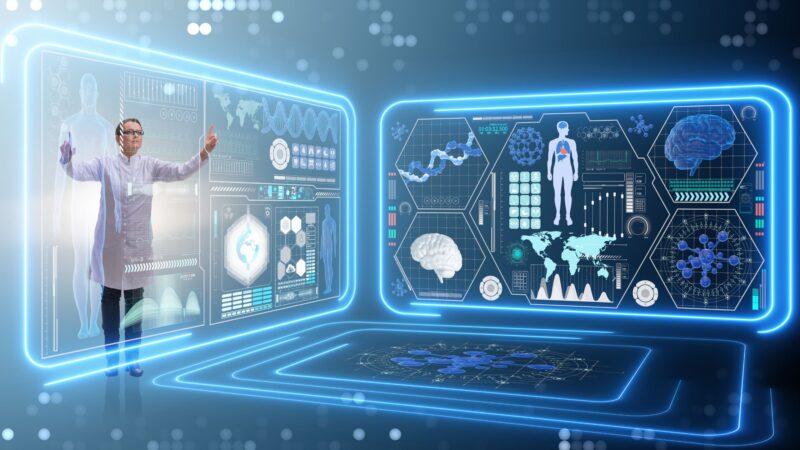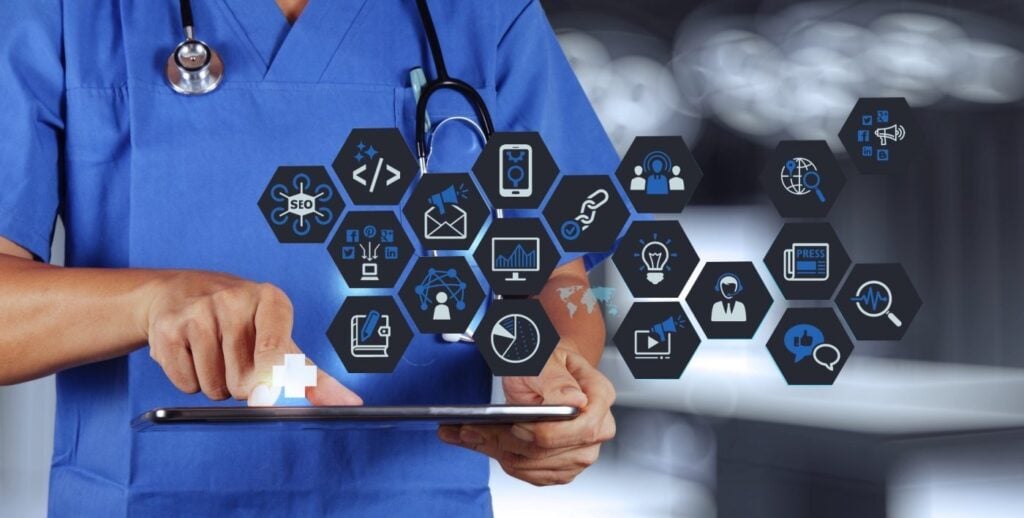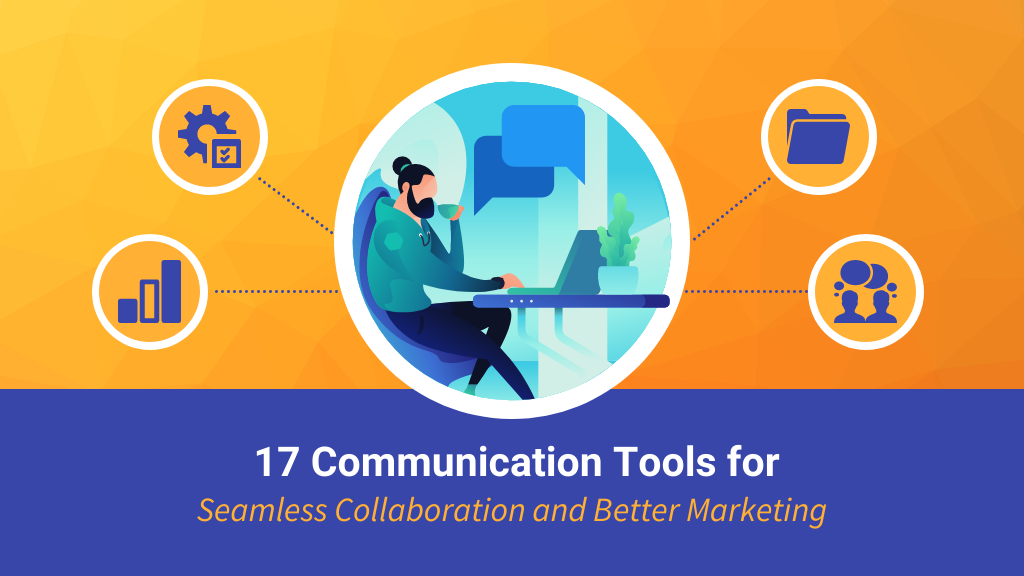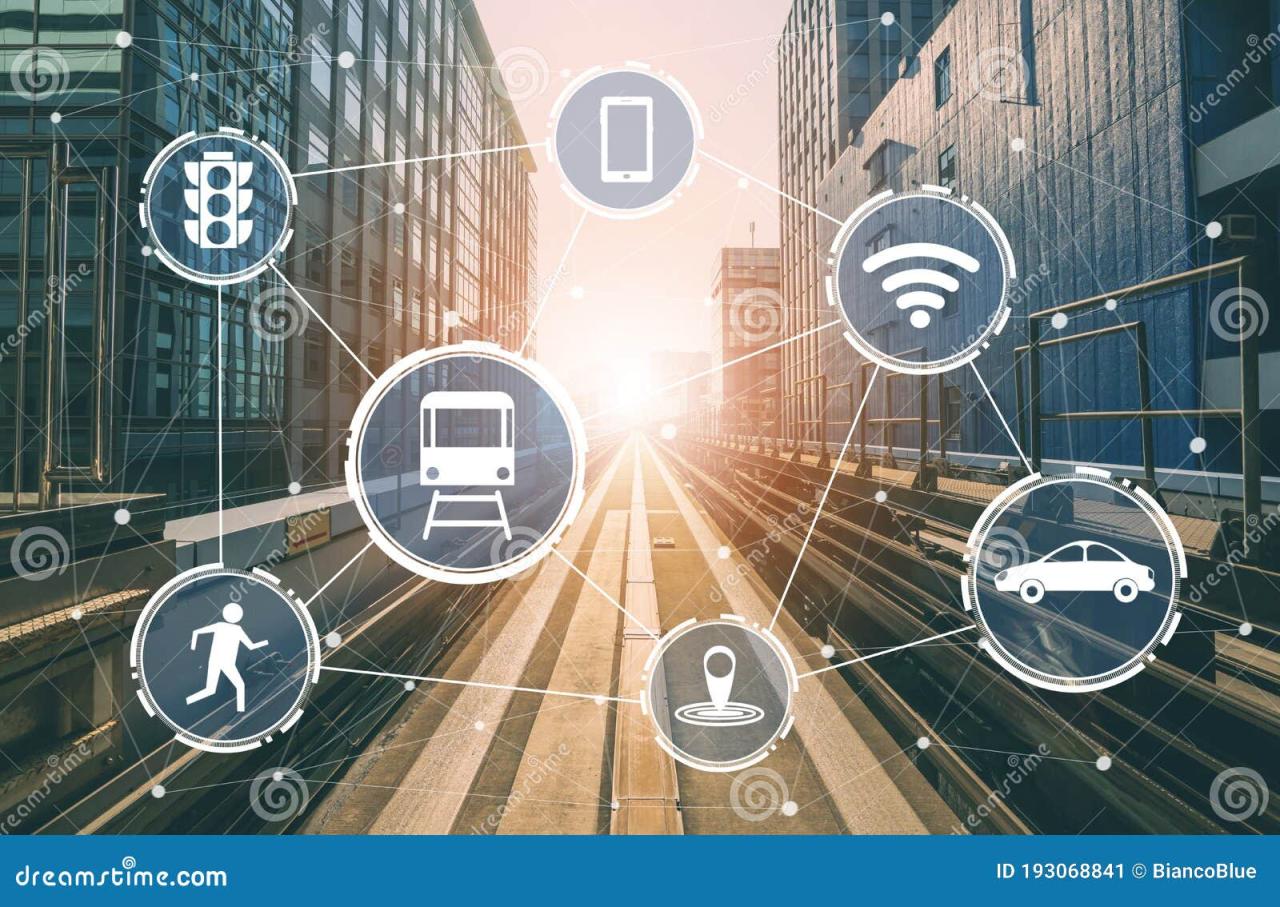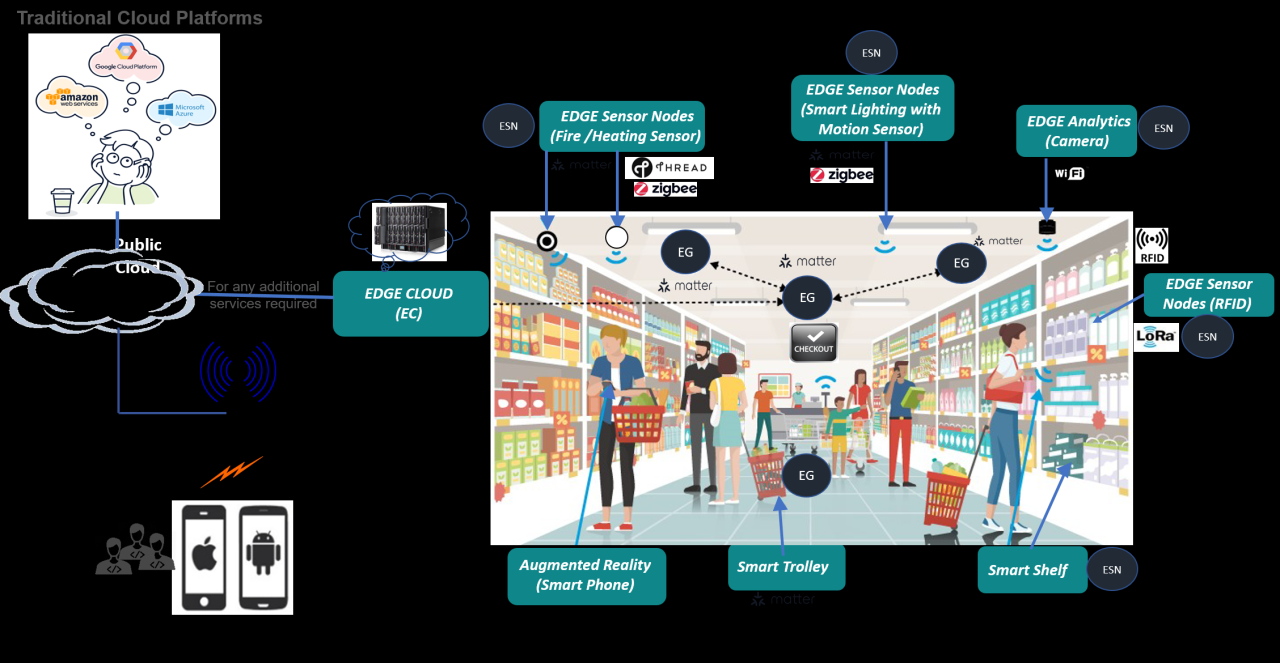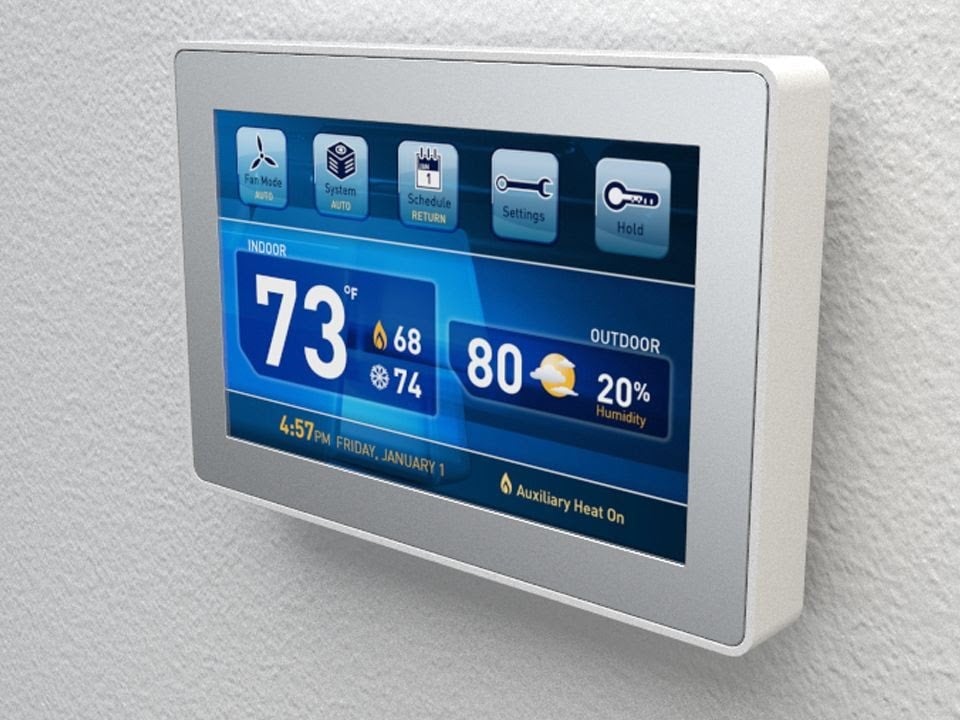Image from: esdst.eu
AI-powered smart healthcare is transforming the medical field by integrating advanced technologies to enhance patient care, diagnosis, and treatment. These innovations are making healthcare more efficient, personalized, and accessible, paving the way for a new era in medical care.
1. Precision in Diagnosis
AI is revolutionizing diagnostics with its ability to analyze medical images such as X-rays and MRIs with exceptional accuracy. Machine learning algorithms detect patterns and anomalies that might be overlooked by human eyes, leading to earlier and more precise diagnoses.
2. Preventive Care Through Predictive Analytics
AI’s predictive analytics are reshaping preventive care by forecasting potential health issues before they arise. By examining patient data and health trends, AI systems can identify risks and recommend preventive measures, reducing the incidence of severe health conditions.
3. Tailored Treatment Plans
The advent of AI enables highly personalized treatment plans. By evaluating data from genetic information and medical history, AI systems suggest tailored treatments that enhance effectiveness and minimize adverse reactions, ensuring better patient outcomes.
4. Streamlining Administrative Tasks
AI is streamlining administrative processes in healthcare, automating tasks such as scheduling, billing, and record-keeping. This efficiency reduces the administrative burden on healthcare professionals, allowing them to concentrate more on patient care.
5. Accelerating Drug Discovery
AI accelerates drug discovery and development by analyzing extensive data to identify potential drug candidates. Machine learning models predict interactions between compounds and biological systems, expediting the process and cutting down research costs.
6. Virtual Health Assistants
AI-powered virtual health assistants offer patients immediate access to medical information and support. These tools help with health-related queries, medication reminders, and chronic condition management, fostering better patient engagement.
7. Real-Time Patient Monitoring
Wearable devices and smart sensors equipped with AI enhance patient monitoring by collecting real-time data on vital signs. Continuous analysis of this data allows for timely interventions, improving the management of chronic diseases.
8. Advanced Imaging with AI
AI is enhancing radiology imaging by assisting radiologists in interpreting studies with greater accuracy. Algorithms highlight areas of concern in imaging results, such as tumors or fractures, leading to faster and more reliable diagnostics.
9. Robotics in Surgery
AI-powered robotics offer precision in surgical procedures, providing surgeons with enhanced control and real-time feedback. This technology enables minimally invasive surgeries, resulting in shorter recovery times and fewer complications.
10. Future Innovations in AI Healthcare
The future of AI in healthcare promises further advancements. Emerging technologies such as AI-driven precision medicine, advanced robotics, and improved predictive models will continue to revolutionize the industry, offering new opportunities for enhancing patient care.
Conclusion
AI-powered smart healthcare is setting new standards in the medical field by improving diagnostic accuracy, personalizing treatment, and streamlining administrative tasks. As technology progresses, AI will play an increasingly significant role in transforming healthcare, leading to more effective and efficient medical care.

